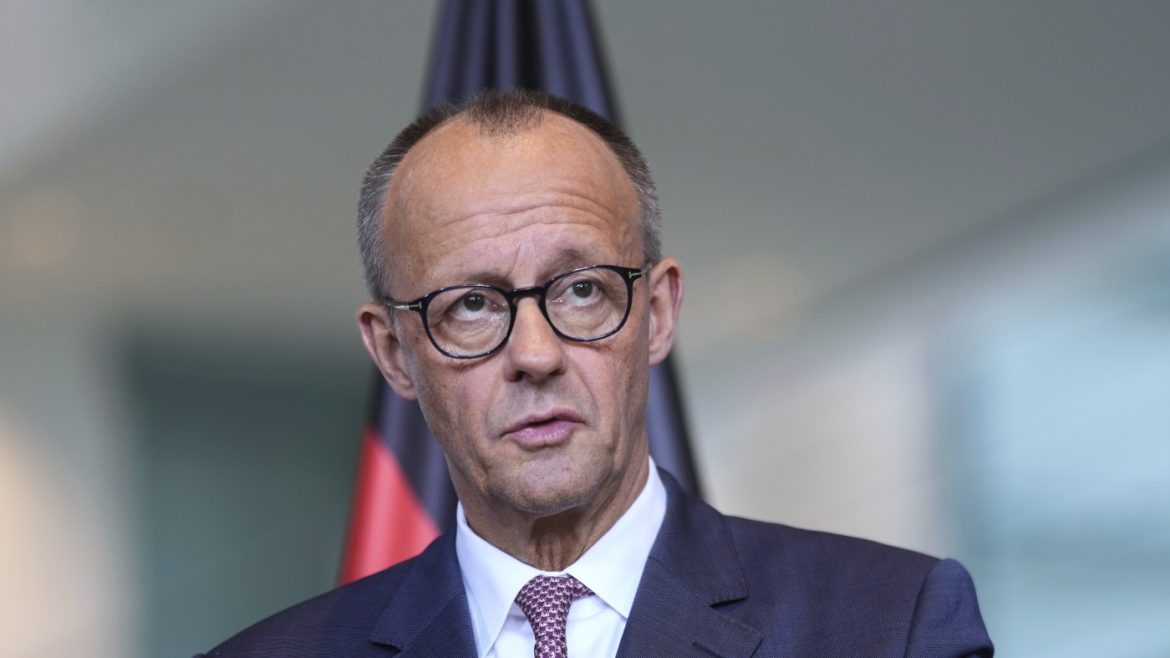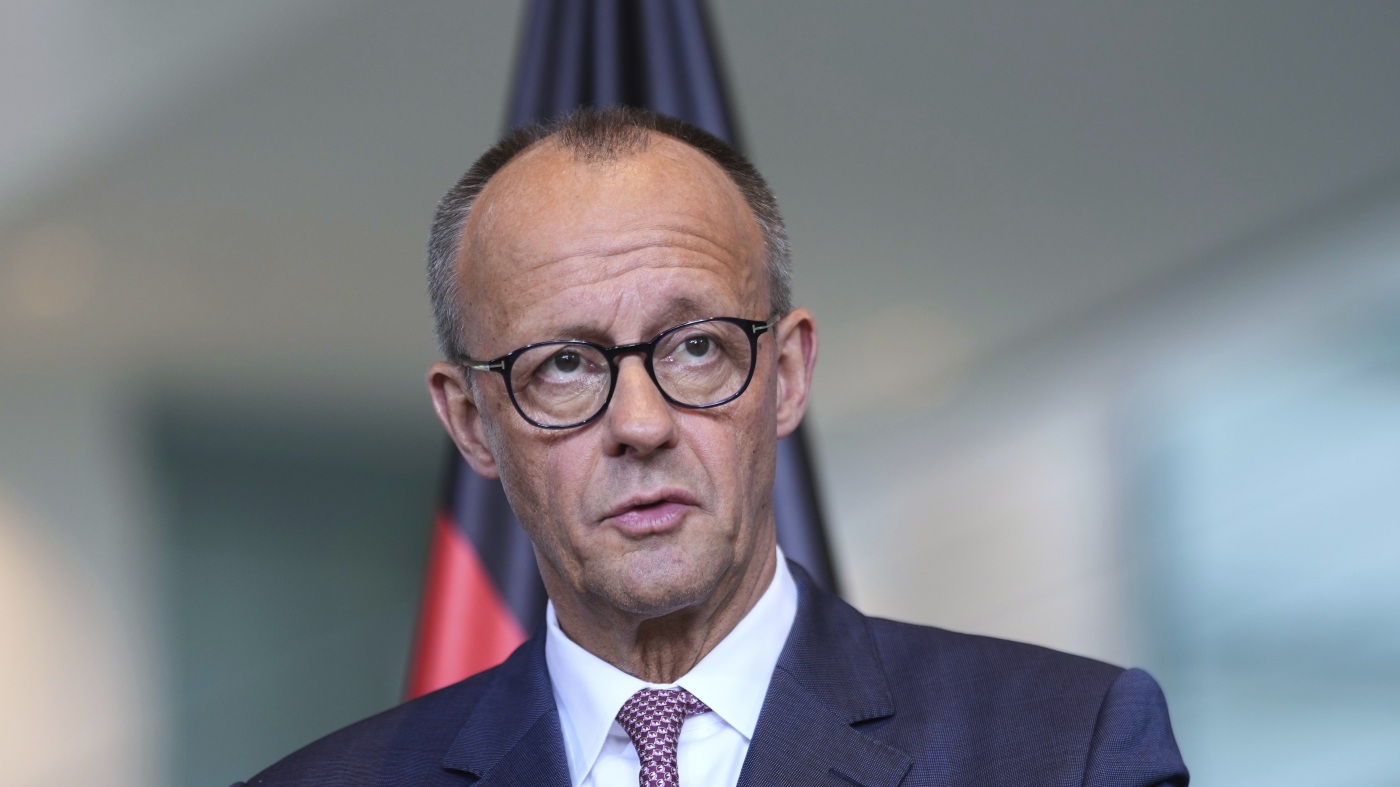Germany’s New Chancellor Friedrich Merz Meets President Trump: Navigating a Complex Diplomatic Landscape
The recent ascension of Friedrich Merz to the chancellorship of Germany marks a pivotal moment for the largest economy in Europe, especially as he embarks on his inaugural international visit to Washington, D.C., for face-to-face talks with U.S. President Donald Trump. This dialogue carries significant weight given the geopolitical and economic contexts enveloping both nations, as well as the evolving dynamics in transatlantic relations.
Setting the Stage: Merz’s Entrance on the Global Stage
Having taken office on May 6, 2025, Friedrich Merz is known for his direct, no-nonsense style, often described as “straight-talking.” This trait is especially relevant as he steps into negotiations with President Trump, a leader equally recognized for an assertive and sometimes unpredictable approach. The meeting holds the promise of launching a new chapter in German-American relations, highlighting hopes that Merz can engage Trump effectively to ensure the U.S. remains a reliable partner to Europe.
Meeting Context and Agenda: Challenges and Opportunities
The agenda for this high-profile meeting brings to the forefront several pressing international issues. Paramount among them is the war in Ukraine—a conflict that has major implications for regional stability and European security. Europe’s collective response, Germany’s role within NATO, and the United States’ position and support are expected to be scrutinized and deliberated.
Trade tensions also form a critical pillar of discussions. Tariffs, particularly on automobiles, symbolize broader economic frictions between the U.S. and Europe. Merz, representing Germany’s robust export-driven economy, must navigate sensitive trade negotiations to address American protectionist measures while safeguarding Germany’s economic interests.
Additionally, topics such as ongoing conflicts in the Middle East and broader diplomatic concerns will provide space for strategic dialogue, reflecting the global scope of this bilateral relationship. Merz’s visit to the White House, with an overnight stay at Blair House, situates him physically in the heart of American power as he seeks both to assert Germany’s priorities and build personal rapport with President Trump.
Diplomatic Dynamics: Navigating the Oval Office and Beyond
The encounter is described by observers as a potential “lion’s den,” referencing previous challenging meetings other world leaders have endured with President Trump. Merz’s preparation for what could be a rigorous engagement underscores the unpredictability and high stakes of the Oval Office diplomacy.
Yet, both leaders share certain commonalities: they have business backgrounds, align politically on the right-of-center spectrum, and wield influence in two of the world’s leading economies. These parallels could provide a foundation for finding common ground amid contentious issues.
The promise of a “one-on-one” lunch meeting creates a setting for more candid, less formal exchanges, which may help break the ice and foster understanding beyond official positions.
Implications and Expectations: Beyond First Impressions
The broader implications of this meeting extend far beyond Germany-U.S. bilateral ties. Germany, situated in the heart of Europe, acts as a strategic node in NATO and the European Union, making its relationship with the U.S. vital for managing transatlantic security, economic policies, and diplomatic efforts.
There is cautious optimism that Merz can convince President Trump to bolster Western solidarity, especially concerning the Ukraine conflict, thereby reinforcing a united front against growing global uncertainties.
Moreover, successful trade negotiations could alleviate tensions and open pathways for cooperative economic growth.
Conclusion: A Defining Moment for Germany-U.S. Relations
Friedrich Merz’s first in-person meeting with President Donald Trump at the White House represents more than just a ceremonial welcome; it is a defining moment poised to shape the contours of German-American engagement amid a turbulent international landscape. Navigating issues from Ukraine and trade to broader geopolitical challenges, this encounter demands a delicate balance of firmness and flexibility.
Merz’s straightforward demeanor coupled with strategic diplomacy will be tested in the Oval Office, potentially setting the tone for future collaborations or conflicts. Ultimately, this meeting may well determine whether the transatlantic alliance can be revitalized to effectively address the complex demands of the current global order.


